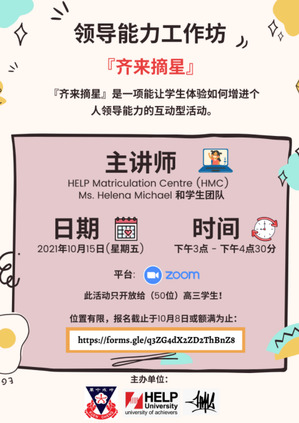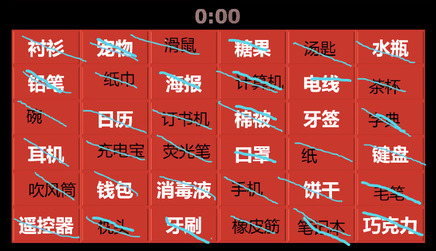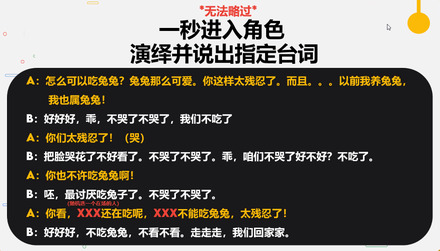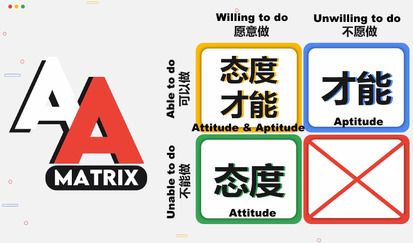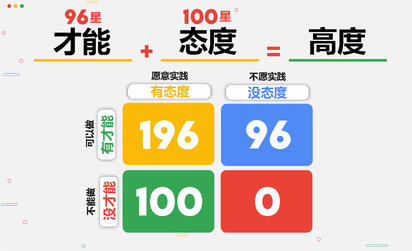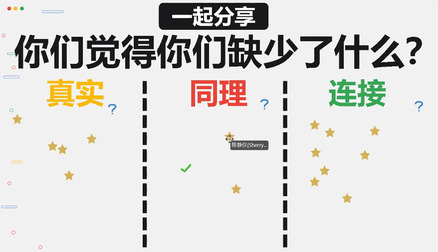Reported by:
Michael Ng Sr3A
As part of a three-day long series of workshops on soft skills, the Kuen Cheng High School Counselling Department held a workshop on leadership skills titled “Harvesting Stars Together” on the 15th of October 2021.
A team of students from the Help Matriculation Centre (HMC) were invited to host the interactive event under supervision of Ms Helena Michael. Registration was open for 50 Senior Middle Three students.
The workshop began with Hishiro, one of the HMC students, briefly introducing how annotating on Zoom works, followed by asking participants to annotate their expectations and contributions for the event.
After that, participants were assigned into two breakout rooms for the first game: “Bingo! Treasure Hunt” (Bingo! 《寻宝记》). Hosts in each room asked participants to introduce themselves, then state a household item to be added to a bingo board. After the board is filled, participants would have three minutes to collectively find all the items and present them in front of their screens.
The bingo board of Room 2, with only one item not found
This exciting icebreaker had participants get into the mood and ready for the subsequent main game of the day: “Harvesting Stars Together” (《齐来摘星》). This time, they were split into three breakout rooms.
The game goes like this: in each room a leader would be chosen. They would have to pick a number on screen, revealing a challenge, and then someone in the room to complete it. Each task done earns the room a “star”, while each task skipped loses them one. However, challengers have the choice to transfer their task to someone else consequence-free five times, though some tasks prohibit this option. This goes on until time runs out.
Participants had fun carrying out the tasks, which ranged from regular one, like doing twenty jumping jacks and singing a song, to wackier ones like acting out weird dialogue and coming up with impromptu product endorsements and poems.
One of the challenges involving acting out weird dialogue
Time quickly passed and everyone returned to the main room, where room one was announced as the winner with 13 stars.
Once again, attendees were shuffled into two breakout rooms where a debriefing took place.
In the breakout rooms, HMC students opened the talk with this question: “Of the challenges presented, how many were you able to do and how many were you willing to?”
They then explained that the seemingly innocuous main event had deeper layers to its meaning. The tasks participants were able to do reflected their “aptitude”, i.e. their talents and abilities; the ones they were willing to reflected their “attitude”, i.e. their mindsets and emotions; and the stars they got in the game reflected their “altitude”, i.e. their status in life.
This led to the introduction of a concept called the “AA Matrix”, which was explained via Punnett squares as shown below:
The AA Matrix; English translations added separately for purposes of this report
From the diagram, a conclusion was made in the form of an “equation for a successful life”, which states that aptitude and attitude combined is necessary for altitude.
Though, which element of the two is more important?
The hosts put it this way: if you took the placement of every letter in the words “aptitude” and “attitude” in the alphabet and added them up separately, the former would total to 96 while the latter to 100.
Keeping the above in mind, the Punnett squares were reintroduced, this time replacing the words with their corresponding numbers, which are presented as stars. As one can see, the optimum situation of being both capable and willing to do something totals up to 196 stars, but a situation of only having the right attitude earns one 100, edging slightly over only having the abilities at 96.
It all comes down to this: as a leader, having the right attitude is most crucial.
After one understands this fact, one might wonder: now that I have the right attitude, what do I do next?
This was quickly answered, where the hosts listed three important qualities of a good leader: authenticity, empathy, and connectedness.
Authenticity is the ability of a leader to understand themselves and follow their ambitions. Empathy requires a leader to understand and sympathise with others, though this quality ought not to be confused with sympathy. Connectedness in leaders pushes them to inspire relationships and befriend others.
The hosts then invited participants to pick leader qualities they feel they lack via annotation on the screen. A few participants were then invited to share why they felt that way.
Finally, the hosts wrapped up the debriefing with a metaphor: attitude is like food, altitude is like satiety, and aptitude is like seasonings. Food determines our satiety, while seasonings only serve to make food tastier. Similarly, attitude determines our altitude in life, while aptitude is only there to make our life more exciting and prestigious. The three leadership qualities were once again brought up for right-minded but lost leaders to reflect on.
Wrap up quote by Zig Ziglar: “Your attitude, not your aptitude, will determine your altitude”

